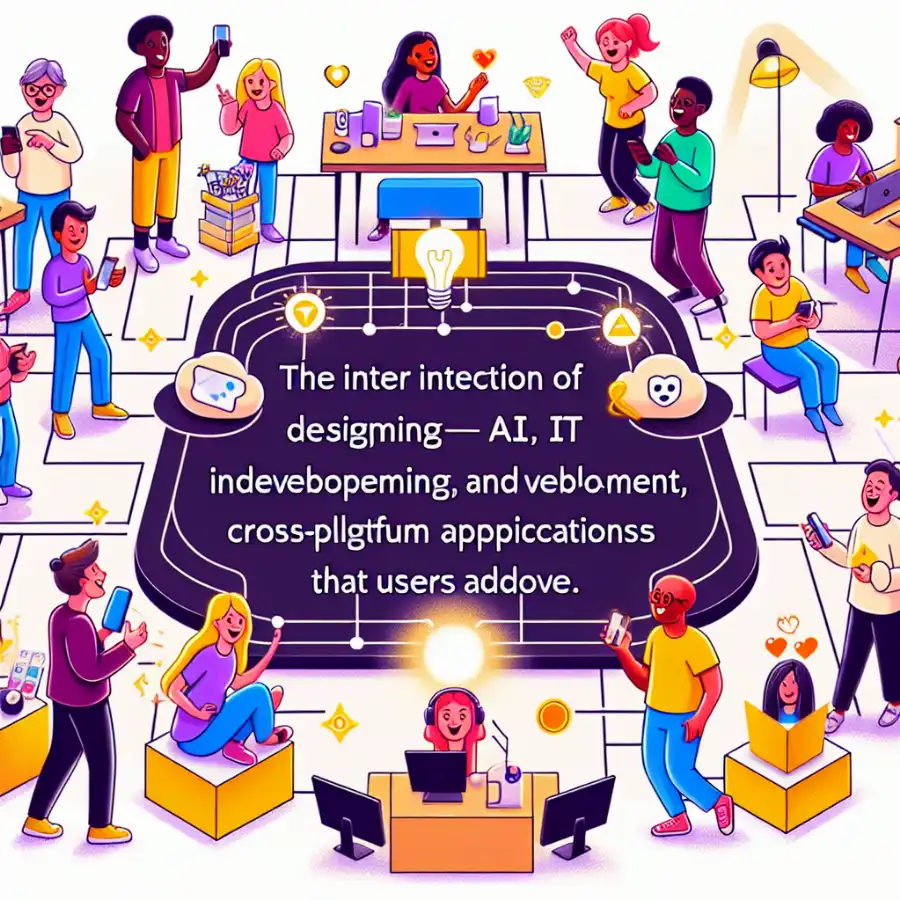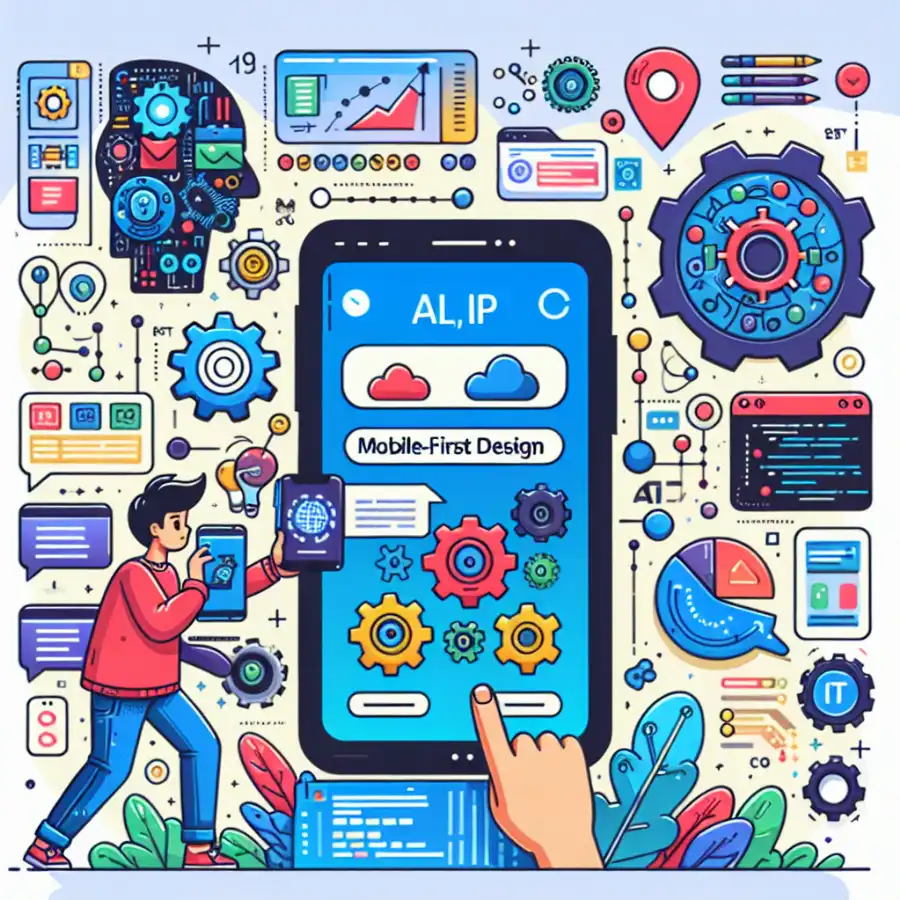Why Choosing the Right Framework Matters
In today’s fast-paced digital landscape, selecting the right framework for mobile app development is crucial for your business. With numerous frameworks available, the decision can significantly influence your app's performance, scalability, and user experience. This guide will walk you through the essential factors to consider when choosing a mobile app development framework.
Understanding Your Project Requirements
Before diving into the technical details, it’s essential to define your project requirements. Ask yourself the following questions:
- What type of app are you developing? (native, hybrid, or cross-platform)
- What features and functionalities do you need?
- What is your target audience?
- What are your budget and timeline constraints?
By clarifying these points, you can narrow down your framework options significantly.
Evaluating Popular Frameworks
Here are some of the most popular frameworks available for mobile app development:
- React Native: Ideal for cross-platform development, React Native allows you to build apps for both iOS and Android using a single codebase. Its component-based architecture facilitates rapid development and offers a near-native performance.
- Flutter: Developed by Google, Flutter is another cross-platform framework that provides high-performance apps with stunning UI. It’s especially effective for apps that require a high level of customization.
- Laravel: While primarily a web development framework, Laravel can also be integrated with mobile app development. If your app requires robust backend support, Laravel’s MVC architecture can streamline your development process.
- Swift and Kotlin: For native app development, Swift (for iOS) and Kotlin (for Android) are the go-to languages. They offer the best performance and user experience but require separate codebases for each platform.
Each framework has its strengths and weaknesses. For instance, while React Native allows for rapid development, it may not be as performant as native apps in certain scenarios.
Performance and Scalability
Performance is a key factor in user retention. Users expect apps to load quickly and run smoothly. When evaluating frameworks, consider:
- How well does the framework handle complex animations and graphics?
- What is the framework’s support for asynchronous programming?
- Can it easily integrate with third-party APIs?
Scalability is also crucial, especially if you plan to expand your app’s features in the future. Choose a framework that can adapt to your growth without requiring extensive rewrites.
Development Time and Cost
Time is money, especially for startups and small businesses. A framework that supports rapid development can save you both time and resources. Here are factors to consider:
- Does the framework have a rich library of pre-built components?
- How easy is it to find developers experienced with the framework?
- Are there additional costs associated with using the framework, such as licensing fees?
For example, React Native allows for rapid prototyping with its extensive library of components, potentially reducing your time to market.
Community Support and Documentation
A strong community and comprehensive documentation can greatly enhance your development experience. Check for:
- The availability of tutorials and learning resources.
- The size and activity level of the community.
- How frequently the framework is updated and maintained.
Frameworks like React Native and Flutter boast large communities, offering plenty of resources for troubleshooting and best practices.
Conclusion: Making the Right Choice
Selecting the right framework for mobile app development is a decision that can impact your app’s success. By considering your project requirements, evaluating popular frameworks, and analyzing performance, scalability, development time, and community support, you can make an informed decision that aligns with your business goals. If you’re looking for expert guidance, FYKEL specializes in mobile app development using React Native and other leading technologies. Contact us today to discuss your project and how we can help you achieve your digital goals!





